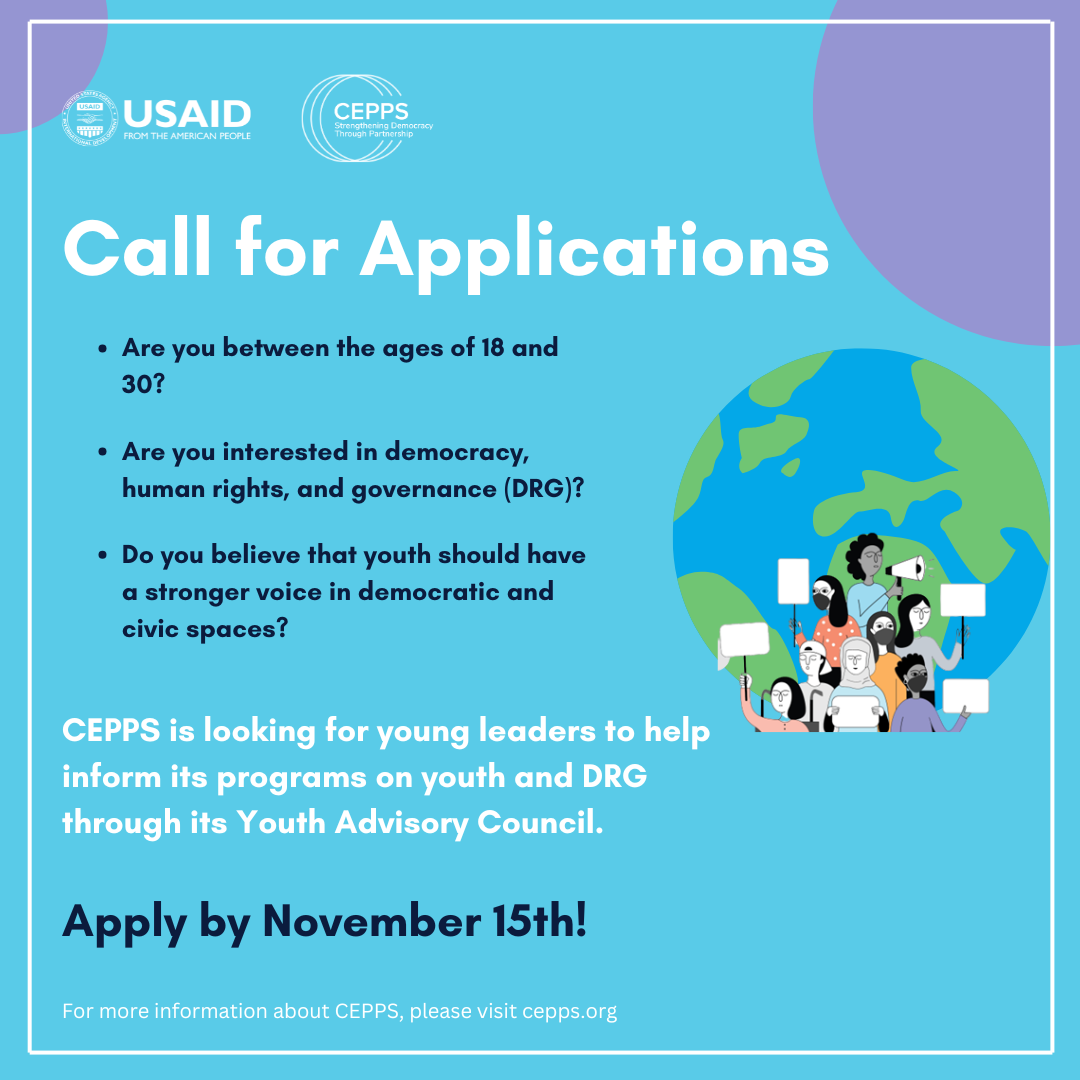UN Women reported in 2016 that women’s representation in Moldova’s politics and decision-making lagged behind international standards, as well as the country’s own commitments to enhancing women’s political participation. In Moldova in 2015, women occupied 20.6% of the country’s mayoral roles, 30.04% of their local council positions, and 18.55% of the district council seats. Additional data revealed that 63.4% of Moldovan women and girls older than 15 years old experienced physical, psychological, or sexual violence. Political party members told partners from the Consortium for Elections and Political Process Strengthening (CEPPS) that stereotypes about women’s leadership, low self-confidence, unequal workloads, hate speech, and harassment were common barriers women faced in public life.

In Moldova, however, women’s advancement and political leadership has improved significantly in recent years. This is due, in part, to legislation that was introduced with a gender quota in 2016, and assistance for capacity building offered to women politicians through the Moldova Inclusive and Participatory Political Processes (MIPPP) program. MIPPP is a $26 million (2016-2026) USAID program implemented by CEPPS core partners the International Republican Institute, the International Foundation for Electoral Systems, and the National Democratic Institute.
Once the gender quota became law in 2016, CEPPS partners supported political parties in complying with the requirement that 40% of candidate lists and cabinet nominations be women. Additionally, the MIPPP program supported women candidates and elected officials with communications and public speaking roles to help them overcome societal norms that often hinder women’s political leadership. As one woman party leader said, “Before the program, I was hesitant to speak up in meetings. The training helped me develop my voice and feel more confident about sharing my ideas.”

The program fostered a sense of community by offering valuable networking opportunities. Many women highlighted how connecting with others created opportunities for mentorship, peer support, and a feeling of belonging. “There is a sense of community and support that comes from being around other women who understand the challenges we face,” said one woman participant.
One healthcare professional, who was supported by CEPPS, discovered her passion for community politics through her work with patients. She said she realized that the challenges her patients faced were often tied to public health policies, but she lacked the skills to succeed in politics that could produce change. But once she was equipped with critical communications and leadership skills, she was able to overcome significant obstacles to become the first female mayor of her village.
Reflecting on her journey, she said, “The people chose me. What I learned from these [CEPPS] seminars is that you don’t have to show that you’re the smartest; You don’t have to show that you’re the most beautiful.”
CEPPS supported one party member who initially worked in public procurement. She said she had been interested in running for mayor, but was hesitant to campaign against male candidates due to the stigma against women. However, with the resources and support provided by CEPPS she took a leap. As mayor, she said she prioritized transparency, communications, and responsiveness to her community. Reflecting on her journey, she credited CEPPS with training her to develop essential skills that contributed to her political success. “Since [the training], I have developed my administrative skills and especially my decision-making and transparency skills. How to manage the electoral campaign, how to do a door-to-door campaign, to involve the councilors…. It was difficult, but we mobilized and defended the votes,” she said.
Through other initiatives such as “Your MP”, Prut Valley Network, and Women Mayors’ Network, CEPPS worked with approximately 45 women mayors across the political spectrum. Ultimately, 90% of women mayor participants in CEPPS programs have been re-elected, as compared to an average re-election rate of 68% for all mayors in Moldova during the same period, regardless of gender.
In Moldova, the increased focus on women’s political participation, supported by the introduction of the gender quota in 2016, plus CEPPS programming, has accelerated a significant rise in women leaders across all political roles, ultimately, demonstrating the transformative impact of inclusive political processes. V-Dem’s Women Political Participation Index confirms that the number of women participating in public service has been increasing for several decades, but achieved the highest rating on the scale within two years after the quota was introduced in 2016. Since then, women’s political participation statistics have continued to improve. In the lead-up to the 2024 elections, CEPPS program participants reported a remarkable change in the number of women in office and their ability to influence decision-making. From 2015 to 2024, women’s representation in parliament went from 22% to 40.6% as of this year’s general election and Moldova’s rank on the World Economic Forum’s Global Gender Gap Index jumped from 26th to 13th out of 146 countries.


